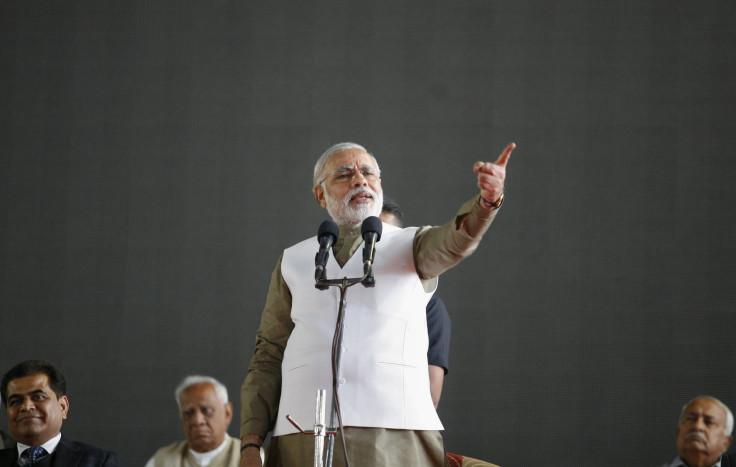What Does Modi's Victory Mean For The Rest Of The World?

The victory of the Bharatiya Janata Party (BJP) in India’s election and its leader, Prime Minister-elect Narendra Modi, has given the new government a mandate to change the fortunes of the world’s largest democracy.
Domestic considerations aside, Modi’s victory figures to have implications far beyond India’s borders. And while the new government’s main priority will be jump-starting India’s sluggish growth, its ascension raises questions about India’s relationship with its two most important bilateral relationships: the United States and Pakistan.
Following a frosty relationship during the Cold War, when India tilted strongly to the Soviet Union, Washington has sought to establish a strategic partnership with New Delhi in order to balance China’s rise in Asia: In 2010, the United States even proposed India’s permanent membership on the United Nations Security Council, an idea greeted with much enthusiasm by India’s outgoing government.
Will Modi’s elections change Washington/Delhi relations? As a pro-business executive running on his economic record in Gujarat, Modi in many ways is seen as an ideal candidate for Washington. But his personal history with the United States is turbulent. After riots killed more than 1,000 people in Gujarat in 2002, mostly Muslims, Washington condemned Modi -- then Gujurat’s governor -- for his cavalier attitude toward the violence. In 2005, the United States revoked Modi’s visa privilege under a little known religious freedom cause, a decision that wounded Modi so much that he refused to apply for reinstatement. But with his election as prime minister, the United States will lose the luxury of isolating Modi, and their ability to overcome past differences will in large part determine the health of the relationship.
Modi will also be tasked with managing India’s relationship with Pakistan, its historic enemy and fellow nuclear state. Modi, a Hindu nationalist with a history of inflammatory rhetoric about Muslims, and the BJP had criticized India’s Congress party for a tepid response to Pakistani border provocations, and had threatened to turn Kashmir into a full India state. But Modi’s overwhelming emphasis on reviving India’s economy may deter him from an aggressive policy toward Pakistan, a country whose large and growing market would be attractive to Indian businesses.
This focus on India’s domestic health may, paradoxically, be Modi’s most important geopolitical consideration. The country’s recent GDP growth -- at 4 percent -- has failed to lift enough of the country’s struggling poor into the middle class. This, combined with a sense that India was losing ground to its fast growing rival China, convinced several hundred million voters to give Modi a chance. Already, India’s SENSEX stock market has reacted positively to the news, closing at a record high on Friday.
© Copyright IBTimes 2024. All rights reserved.





















